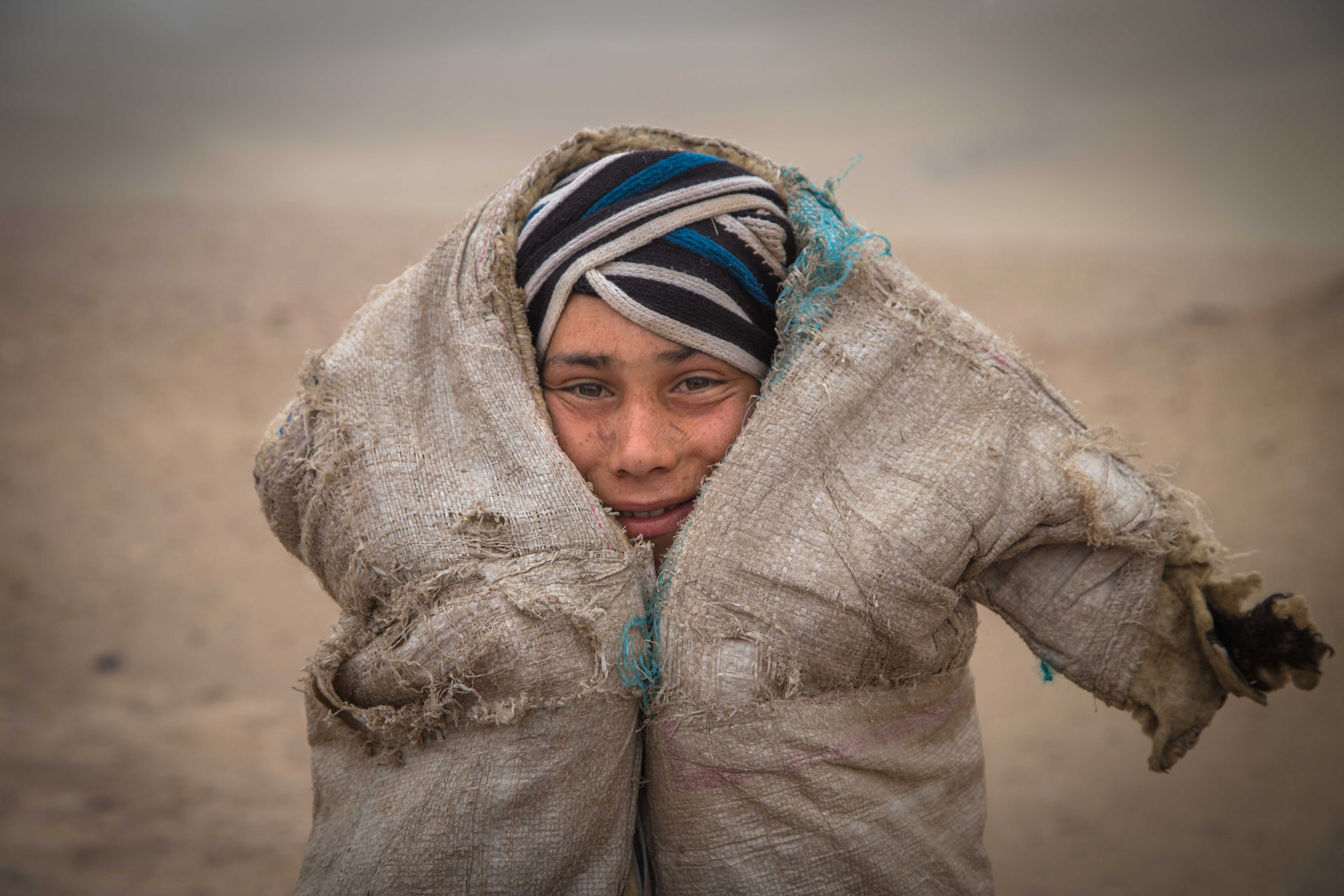Beginning of April 2019 the Botswana Red Cross Society (BRCS) deployed its Communications Officer Gorata Fembo to respond to flash floods and drought in , Kabul, Afghanistan with the International Federation of the Red Cross and Red Crescent (IFRC) for a period of three months.
In 2018, the government of Afghanistan declared drought and appealed for international assistance. Over months, reduced pasture land and water shortages led to escalated loss of livestock.
Three years of extreme drought in Afghanistan has left more than six million people in severe acute food insecurity and in need of urgent help. In March 2019, extreme weather deepened extreme hardship, when flash floods affected more than 281,000 people across nine provinces.
The IFRC posted an emergency appeal seeking 7 million Swiss francs to support the Afghan Red Crescent Society to help up to 650,000 people (92,500 households) affected by floods and drought for 12 months, with activities in shelter, health care; water, sanitation and hygiene (WASH) and basic needs such as disaster risk reduction (DRR) and strengthening the capacity of the National Society.
The drought has caused land degradation and desertification, lower agricultural production, economic hardship, hunger, death and forced 287,000 survivors from their homes.
Part of the Fembo’s role within the three months of her deployment will be to support the Afghanistan Red Crescent Society and to raise awareness to the immediate and long-term recovery needs of communities in Afghanistan, who are currently out of sight, in an under-estimated crisis with limited access by humanitarian agencies or media, out of reach because of conflict and out of scope because this is a large, slow- onset disaster.
Her responsibilities will also include positioning of the Afghan Red Crescent Society as a credible humanitarian responder with a network of volunteers and expertise in disaster management, and unique access to people in need.
She seeks to vigorously promote the emergency appeal and raise the awareness on the slow onset disaster for the international community to make the funds available for life-saving help for the distraught nation.
In efforts to accede to international humanitarian calls, the National Society has over the years has also deployed human resource to respond to complex humanitarian emergencies in various countries and missions, such as the Haiti Floods in 2013, Burundi Population Movement in Rwanda 2014, South Africa, Limpopo floods in 2014 and Malawi post elections violence in 2014.
BRCS was established National Society by an Act of Parliament in 1968 (CAP 64:01) and given auxiliary status to the government. The BRCS forms part of the International Federation of Red Cross and Red Crescent Societies which is the largest humanitarian network operating in 190 countries
Image: ARCS. Afghanistan Red Crescent Society




